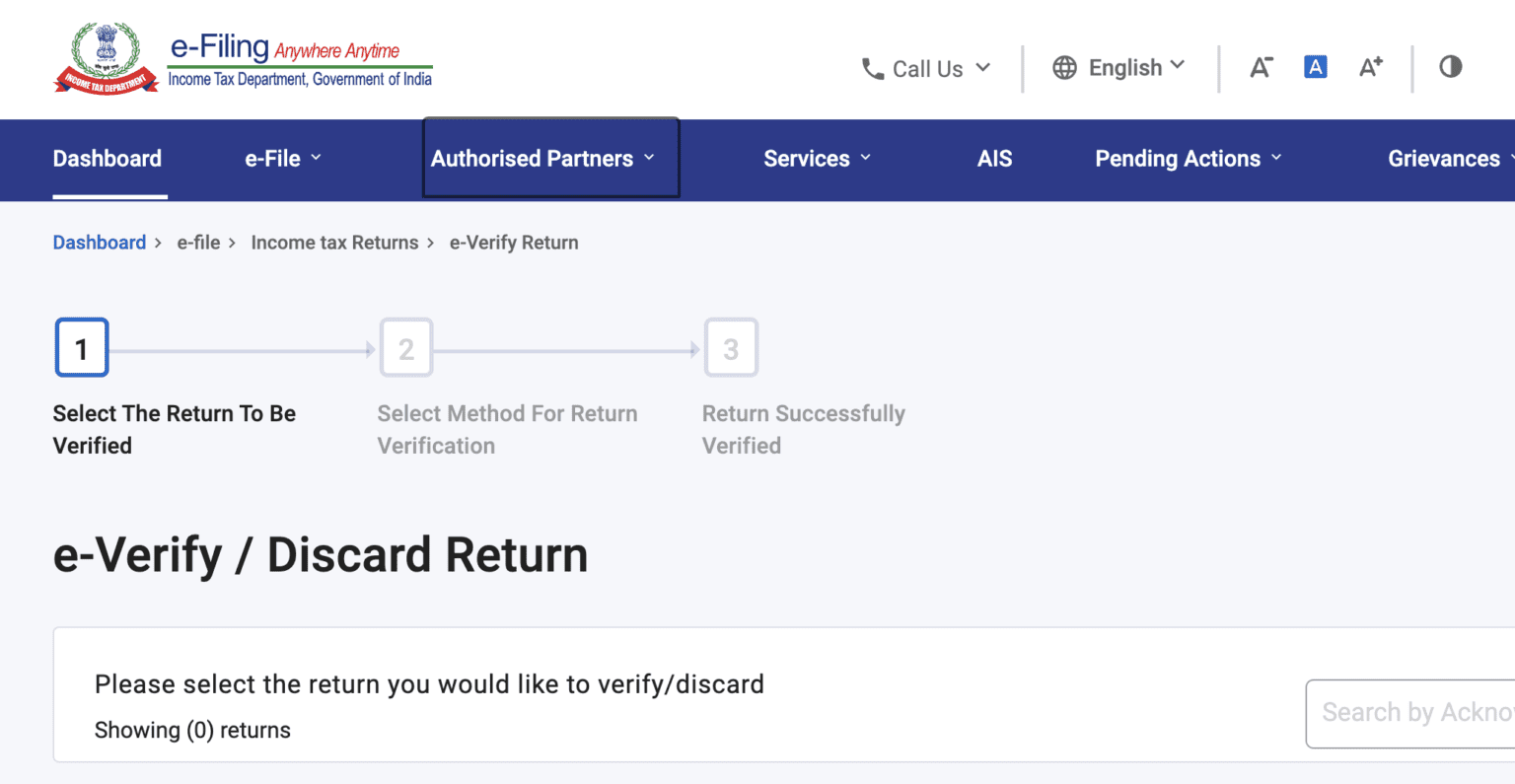The process of Startup Registration in India involves several steps that aspiring entrepreneurs need to follow. Startups play a crucial role in the country’s economic growth, and the Indian government actively supports young entrepreneurs in their endeavors by providing assistance and incentives. By registering their startups, entrepreneurs can access a range of benefits and contribute to job creation and innovation.
To begin the Startup registration process, you must incorporate your startup as a Limited Liability Partnership (LLP), private limited company, or partnership firm. This step involves following the standard registration procedures, including submitting an application and obtaining a certificate of incorporation or partnership registration. Depending on the chosen business structure, you need to complete the registration application with the respective authorities.
For incorporating a Private Limited Company or an LLP, you will need to submit the necessary documents and fees to the Registrar of Companies (ROC) in your region. If you opt for a partnership firm, registration must be done with the Registrar of Firms. The required documents and procedures may vary depending on the business structure, so it is essential to consult the relevant authorities or seek professional guidance to ensure compliance with the registration process.
Step 2: Register with Startup India
After incorporating your business, the next step is to register your startup with Startup India, an initiative by the Indian government to support and promote startups. The startup registration process is online and user-friendly, designed to facilitate easy access for entrepreneurs.
Registering with Startup Registration in India provides various advantages, including access to a wide range of resources, networking opportunities, and government support programs. It also helps in gaining visibility and credibility for your startup.
Step 3: Obtain DPIIT Recognition
Obtaining recognition from the Department for Promotion of Industry and Internal Trade (DPIIT) offers additional benefits to startups in India. DPIIT recognition grants startups access to a host of incentives and relaxations provided by the government.
Some of the benefits of DPIIT recognition includes:
- Simplified company winding up
- Eligibility for the Fund of Funds
- Three-year tax exemption
- Exemption from taxes on investments that exceed fair market value
- Relaxed public procurement rules, and
- Self-certification under labor and environmental laws.
Step 4: Complete Recognition Application
To obtain DPIIT recognition, you need to fill out the ‘Startup Recognition Form’ with detailed information about your company. This includes providing company information, the full office address, details of the authorized representative, information about directors/partners, startup activities, and self-certification.
Ensure that you provide accurate and up-to-date information in the application form to avoid any delays or issues during the review process.
Step 5: Required Documents for Registration
As part of the registration process, you will need to gather and submit certain documents. The specific documents required may vary depending on the nature of your startup and the authorities involved. Some of the commonly requested documents include:
- Company Incorporation/Registration certificate: This document proves that your startup is legally incorporated as an LLP, private limited company, or partnership firm.
- Funding proof (if applicable): If your startup has received any funding, you may need to provide relevant documents as proof.
- Authorization letter from the authorized representative: This letter authorizes a representative to act on behalf of your startup during the registration process.
- Patent details: If your startup holds any patents, you may need to provide relevant information and documentation.
- Trademark details: If your startup has registered trademarks, you may need to provide the necessary details and documentation.
- PAN number: The PAN (Permanent Account Number) is a unique identifier issued by the Income Tax Department. You will need to provide your startup’s PAN number.
- List of awards or certificates of recognition: If your startup has received any awards or certificates of recognition, it is beneficial to include them as part of your registration documents.
Ensure that you have all the required documents ready and organized before the startup registration process. This will help streamline the process and avoid any unnecessary delays or complications.
Step 6: Obtain Recognition Number
Once you have submitted your startup recognition application, you will receive a startup recognition number. This number serves as an acknowledgment of your application and allows you to track its progress.
The review process typically takes around two days from the submission of the online information. During this time, the authorities will verify the details provided in your application and assess your startup’s eligibility for recognition.
If your application meets the criteria and all the necessary documentation is in order, you will receive a certificate of recognition for your startup.
Step 7: Other Areas to Consider
While the registration process is essential, there are other areas that startups should consider to protect their intellectual property and maximize their benefits. These areas include patents, trademarks, and design registrations.
- Patents: If your startup has developed a unique and innovative product or technology, it is advisable to explore the option of patent registration. A patent provides legal protection for your invention, preventing others from using, selling, or manufacturing it without your permission.
- Trademarks: Registering a trademark helps protect your startup’s brand identity, including its name, logo, or tagline. It gives you exclusive rights to use the registered mark and prevents others from using similar marks that may cause confusion among consumers.
- Design Registration: If your startup deals with product design, registering your designs can provide legal protection against unauthorized copying or imitation. Design registration safeguards the aesthetic aspects of your product and gives you the exclusive right to use and commercialize the registered designs.
By taking steps to protect your intellectual property, you can safeguard your startup’s unique offerings and prevent competitors from capitalizing on your ideas.
Benefits of Startup India
Startup Registration with Startup India and obtaining DPIIT recognition offers numerous benefits and opportunities for growth. Some of the key advantages include:
- Relaxed Standards: DPIIT-recognized startups can be listed as sellers on the Government e-Marketplace, the largest e-procurement portal in India. The government has authorized its ministries, departments, and public sector undertakings to relax standards in public procurements for these startups. Startups can apply for government tenders without having to demonstrate prior work experience or a minimum annual turnover, making it easier for them to participate in public procurement processes.
- Tax Exemption: Registered startups with Startup India and DPIIT recognition are eligible for exemption under Section 80-IAC of the Income Tax Act. This provision allows startups to enjoy a tax holiday for three consecutive years, subject to approval from the income tax authorities. Moreover, recognized startups can apply for exemption from the angel tax under Section 56 of the Income Tax Act, which helps in attracting investments without additional tax implications.
- Funding Opportunities: Startup India provides funding opportunities through two schemes. The Fund of Fund for Startups (FFS) has a corpus of Rs 10,000 crore, which can be utilized by startups. The FFS is managed by the Small Industries Development Bank of India (SIDBI) and transferred to SEBI-registered venture capital firms investing in startups. Additionally, Startup India has a separate fund, previously known as the Startup India Seed Fund Scheme (SISFS), dedicated to supporting startups in their early stages. This fund assists with activities like proof of concept, prototype development, product trials, market entry, and commercialization.
- Easy Exit Process: If a startup, recognized by DPIIT, decides to wind up its business, the process is relatively simple and can be completed within 90 days from the date of application. This streamlined exit process facilitates a smoother transition for startups that need to cease operations.
- Low Patent Fees: DPIIT-recognized startups are eligible for a 50% discount on trademark certification fees. This reduces the cost from Rs 10,000 to Rs 5,000 per application. Additionally, trademark applications from recognized startups are fast-tracked and processed within 72 hours, expediting the registration process.
These benefits and incentives provided by Startup India and DPIIT recognition aim to support startups in their growth journey, encourage innovation, and create a favorable ecosystem for entrepreneurial success.
In conclusion:
Registering your startup in India involves several steps, including incorporating your business, registering with Startup India, obtaining DPIIT recognition, and submitting the necessary documents. By completing this process, you can tap into a range of benefits, such as relaxed standards in public procurement, tax exemptions, funding opportunities, an easy exit process, and reduced fees for trademark registration. These incentives and support mechanisms provided by the government aim to foster the growth of startups, encourage innovation, and contribute to the overall development of the Indian economy.











